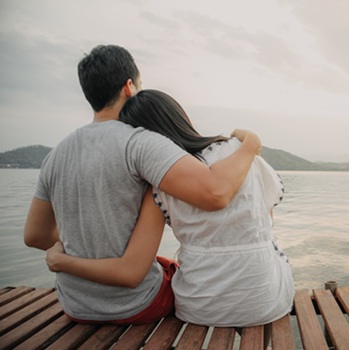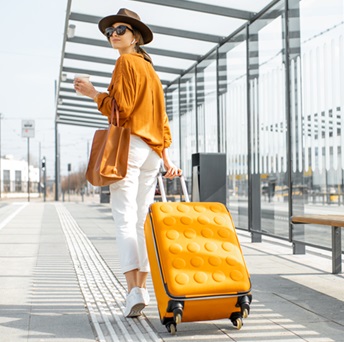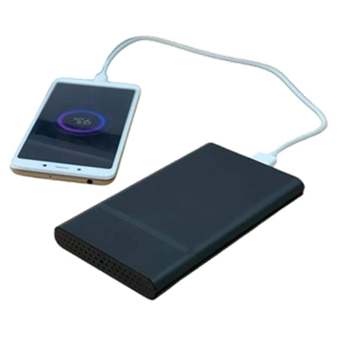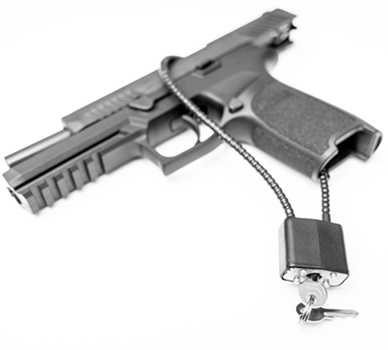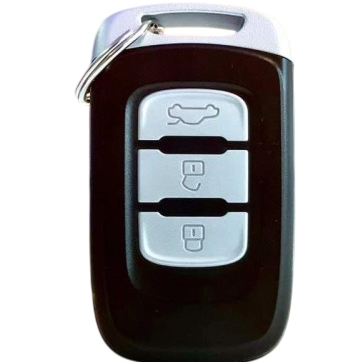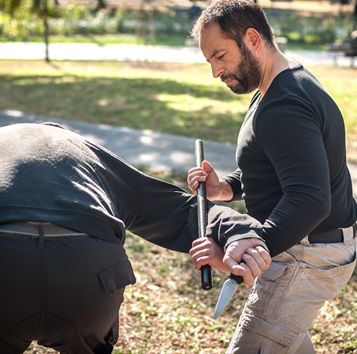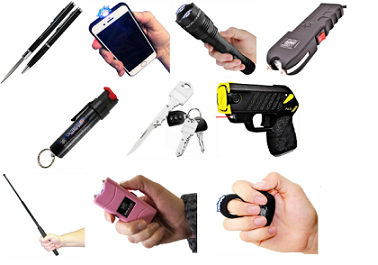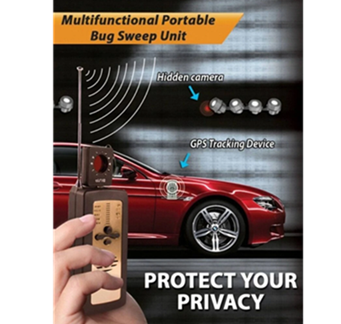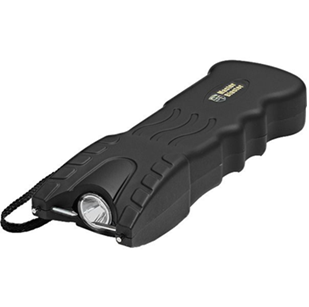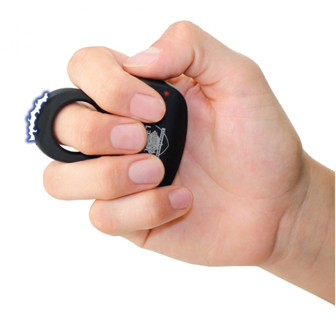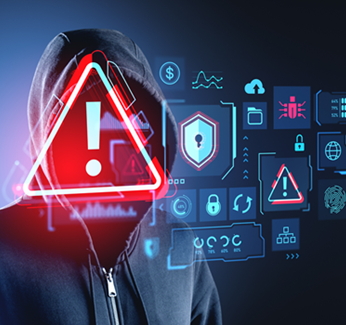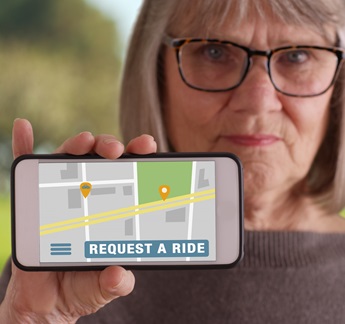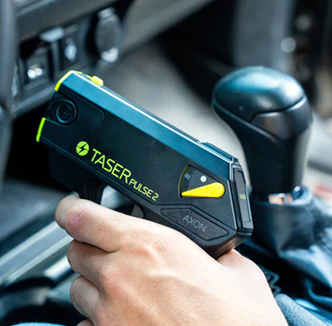Traveling Safely Domestically and Internationally
 Traveling can be one of the most rewarding experiences, offering new perspectives, cultures, and memories. However, safety should always be a priority whether you're exploring domestically in the U.S. or venturing to international destinations. This guide provides essential tips to ensure your travels are both enjoyable and safe.
Traveling can be one of the most rewarding experiences, offering new perspectives, cultures, and memories. However, safety should always be a priority whether you're exploring domestically in the U.S. or venturing to international destinations. This guide provides essential tips to ensure your travels are both enjoyable and safe.
Planning Your Trip
Research Your Destination: Understanding the political, cultural, and environmental context of your destination is crucial. For U.S. travel, check local news for any recent developments, weather conditions, and specific advisories. For international travel, consult the U.S. Department of State's travel advisories and health alerts from the Centers for Disease Control and Prevention (CDC).
Travel Insurance: Investing in comprehensive travel insurance can save you from significant financial losses due to trip cancellations, medical emergencies, or lost luggage. Ensure your policy covers the regions you'll be visiting and activities you plan to engage in.
Documentation: Keep multiple copies of important documents, including your passport, visa, travel itinerary, medical information, and insurance details. Store digital copies in a secure cloud service and have physical copies in different locations, such as your luggage and carry-on.
Safety Precautions for Domestic Travel in the U.S.
Transportation:
- Air Travel: Arrive early at the airport to allow time for security checks. Follow TSA guidelines for prohibited items and carry-on restrictions. Use a TSA-approved lock for your luggage.
- Road Trips: Ensure your vehicle is in good condition by checking tire pressure, oil levels, and brakes. Plan your route and share your itinerary with someone you trust. Avoid driving late at night or in isolated areas.
- Public Transport: Be vigilant with your belongings, avoid deserted stations, and use official taxi services or rideshare apps.
Accommodation:
- Hotels: Choose accommodations with good reviews and reputable brands. Ensure the doors have robust locks, and use additional safety measures such as a door stopper or portable lock.
- Airbnb/Vacation Rentals: Verify the property and host reviews. Communicate with the host about check-in procedures and emergency contacts.
Personal Safety:
- Stay aware of your surroundings, especially in unfamiliar areas. Avoid walking alone at night and keep to well-lit, populated areas.
- Use a money belt or hidden pouch for valuables. Keep a separate stash of cash in case of emergencies.
- Keep friends or family updated on your whereabouts through regular check-ins.
Safety Precautions for International Travel
Health Precautions:
- Vaccinations: Check the CDC for recommended vaccines for your destination. Some countries require proof of vaccination for entry.
- Health Kit: Carry a basic first aid kit including medications, band-aids, antiseptic wipes, and any prescription drugs you may need.
- Water and Food Safety: Stick to bottled water and avoid street food unless it's freshly cooked. Research common foodborne illnesses in your destination and how to prevent them.
Cultural Sensitivity:
- Dress Code: Respect local customs by dressing appropriately. In conservative countries, covering shoulders and knees may be required.
- Behavior: Learn a few basic phrases in the local language and understand cultural norms to avoid misunderstandings.
- Respectful Interaction: Be mindful of local traditions and etiquette, especially regarding photography, religious practices, and interactions with locals.
Communication:
- SIM Cards and Wi-Fi: Consider buying a local SIM card or an international plan for your phone. Familiarize yourself with the country’s emergency numbers.
- Language Barriers: Use translation apps like Google Translate for real-time assistance. Carry a phrasebook for essential terms.
Money and Finances:
- Currency: Familiarize yourself with the local currency and exchange rates. Use reputable currency exchange services.
- Bank Notifications: Inform your bank of your travel plans to avoid your card being blocked. Use credit cards for large purchases and keep cash for smaller transactions.
- ATM Safety: Use ATMs located in secure, well-lit areas such as banks or hotels. Avoid using standalone ATMs in isolated areas.
Emergency Preparedness
Know Local Laws: Understanding and abiding by local laws can prevent unnecessary complications. This includes regulations on drugs, alcohol, and photography.
Emergency Contacts: Save local emergency numbers on your phone. This includes the police, medical services, and the nearest U.S. embassy or consulate.
Travel Alerts: Stay informed about any travel alerts or updates from the U.S. Department of State. Register for the Smart Traveler Enrollment Program (STEP) to receive notifications about your destination.
Crisis Management:
- Natural Disasters: Familiarize yourself with common natural disasters in your destination and the appropriate response actions.
- Political Unrest: Stay away from protests and large gatherings. Monitor local news and be prepared to adjust your plans if needed.
- Medical Emergencies: Identify local hospitals and clinics near your accommodation. Know the terms of your travel insurance for medical emergencies.
Technology and Cybersecurity
Device Safety:
- Backup Data: Ensure all important data is backed up before you travel. Use secure passwords and consider encrypting sensitive information.
- Public Wi-Fi: Avoid accessing sensitive information over public Wi-Fi. Use a VPN to secure your connection.
- Social Media: Be cautious about sharing your location in real-time on social media. This can alert potential thieves that you are away from home.
Conclusion
Traveling, whether domestically in the U.S. or internationally, offers endless opportunities for adventure and learning. By prioritizing safety, planning meticulously, and staying informed, you can minimize risks and enjoy your journey with peace of mind. Remember, a well-prepared traveler is a safe traveler. Bon voyage!
Related blog post: TSA Guidelines for Non-Lethal Self-Defense Devices on Planes
Company Info
Customer Service
Product Information
- TASER® and Stun Devices Regulations by State
- TASER® Safe Escape Product Replacement Guarantee
- TASER® Comparison Chart
- TASER® User Manuals
- TASER® Warranty Info
- Byrna Product Catalog
- PepperBall Manuals & Spec Sheets
- Pepper Spray Laws
- Air Gun Laws
- States that Restrict Automatic and Butterfly Knives
- Our Print Catalog
























